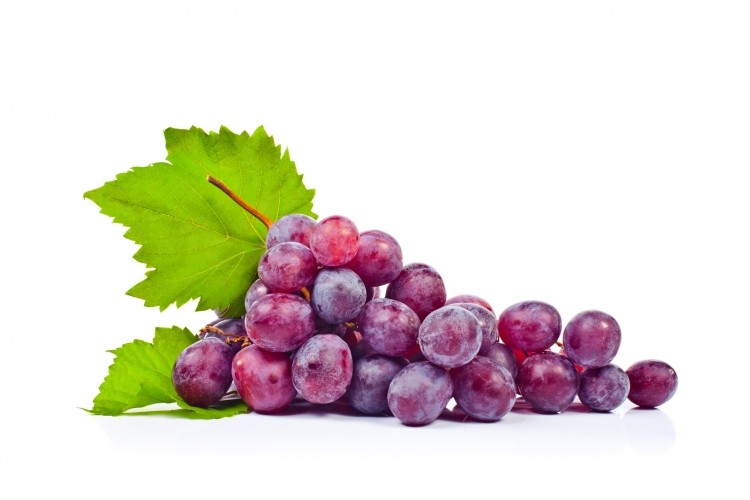Grape polyphenols may boost Akkermansia levels, improve the 'intestinal environment': Animal data

Data published in AIMS Microbiology indicated that grape polyphenols (GPs) led to a decrease in total bacteria but an increase in Akkermansia and lower expression of a protein that promotes pro-inflammatory cytokines.
Akkermansia blooms have also been reported in other studies using polyphenol-rich diets, even though these bacteria do not have enzymes for degrading polyphenols.
“The anti-inflammatory effects of GPs occurred in association with increased abundance of A. muciniphila and significant modulations to the gut microbial community,” wrote the researchers. “Previous in vitro experiments showed that GPs and pure PACs inhibited the growth of A. muciniphila; therefore, the observed bloom in this microbe is unlikely due to a direct growth-promoting effect of GPs. Rather, the GP-induced proliferation of A. muciniphila may be due to GP-mediated suppression of competing microbes in the gut.”
Akkermansia
Akkermansia, and the A. muciniphila species in particular, has attracted growing interest for its health-promoting effects. In rodents, treatment with A. muciniphila reduces obesity and related disorders, such as glucose intolerance, insulin resistance and gut permeability.
The species A. muciniphila reportedly has an abundance of about 3% in the human colon, and its abundance in the intestinal mucus layer is inversely correlated with BMI, type 1 diabetes, and bowel disease in humans. Akkermansia is known to produce nutrients that feed intestinal cells responsible for producing the intestinal mucus layer, helping to maintain healthy intestinal barrier function, control gut permeability, and control low grade inflammation in the gut.
Study details
The Rutgers researchers divided male C57BL/6 mice into four groups: Two groups were fed a high-fat diet (HFD) with or without 1% GPs, and the other groups consumed a low-fat diet (LFD) with or without 1% GPs.
After 12 weeks of feeding, the results showed that GP-supplemented mice had a higher increased relative abundance of fecal and cecal A. muciniphila, compared to unsupplemented mice.
In addition, GP supplementation was associated with a reduction in total bacteria, a diminished mucus layer in the colon, and higher mucus content of feces.
“A thinner mucus layer is indicative of gut barrier disruption; however, GP-supplemented mice did not present with markers of inflammation in intestinal tissue,” wrote the researchers.
“Furthermore, IL-6 expression was reduced in the ileal tissue of supplemented LFD-fed mice. Taken together, we suspect that the antibacterial properties of GPs reduced the need for a protective colonic mucus layer and high numbers of goblet cells. The necessity of the mucus layer may be increased in the presence of a higher bacterial load of pathogenic species. With the lower bacterial load, GP-supplementation likely promotes an intestinal environment with less need for colonic mucus for protection.”
The researchers called for additional studies to examine how dietary polyphenols may influence the mucus layer, “as well as the physiological implications”.
Source: AIMS Microbiology
Volume 8, Issue 4: 544-565. doi: 10.3934/microbiol.2022035
“Impact of grape polyphenols on Akkermansia muciniphila and the gut barrier”
Authors: E. Mezhibovsky et al.





